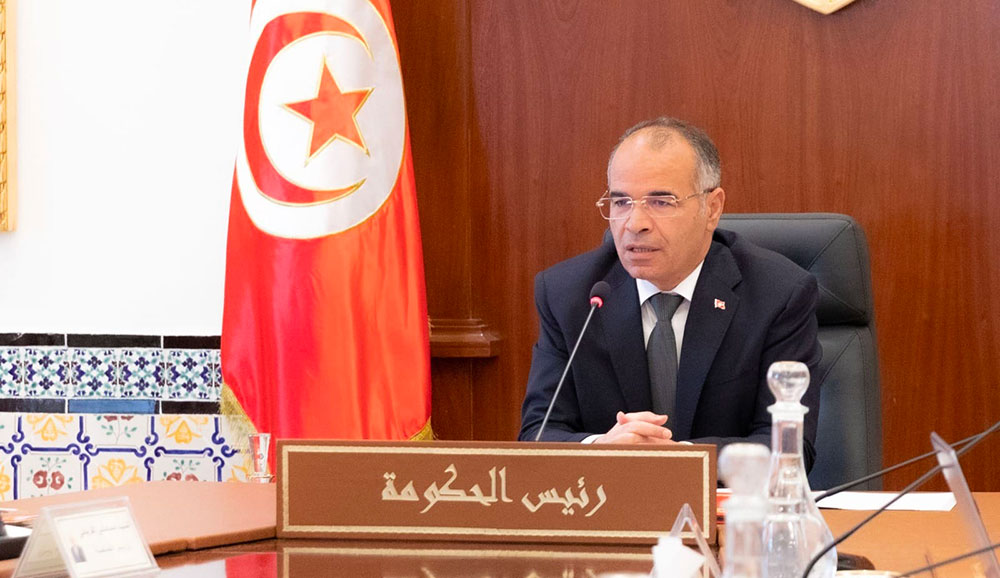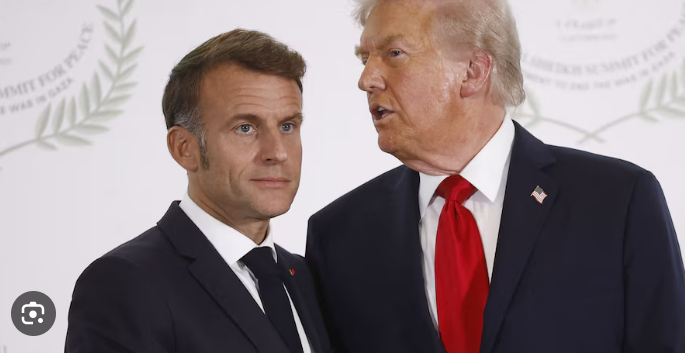Tunisia: Government Council Adopts Measures to Improve Waste Management and Environmental Protection
A ministerial council, chaired by Prime Minister Kamel Maddouri, convened on Monday at the Government Palace in La Kasbah to review strategies for enhancing waste management governance and environmental protection. A detailed action plan with a precise timeline was approved to strengthen waste management and promote environmental sustainability.
Key measures adopted include:
- Allocation of Land Reserves: The Ministries of Agriculture and State Property will provide land in various regions for the installation of waste treatment facilities tailored to local needs.
- Streamlining Municipal Landfills: Out of 165 municipal landfills, efforts will be made to consolidate neighboring sites to reduce environmental costs and address maintenance challenges in both public and private sectors.
- Exceptional Financial Support: Funding will be mobilized to support municipalities, fostering public-private partnerships and enhancing supervision of waste-related activities.
- Gradual Implementation of Selective Sorting: Selective waste sorting will be introduced progressively, starting with major waste producers and closed environments.
- Improved Landfill Infrastructure: Funds will be allocated to maintain municipal landfills during a transitional period of 3–5 years until the planned treatment facilities are operational.
- Stronger Controls and Sanctions: A revised control system will deploy specialized teams to monitor violations, with punitive measures targeting illegal dumping, particularly construction and demolition waste.
- Support for Waste Collection: A support program will address waste accumulation hotspots through real-time interventions.
- Promotion of Circular Economy: Legal frameworks will be updated to enhance recycling and waste valorization. A new regulatory framework will foster the creation of specialized recycling businesses.
- Reduction of Single-Use Plastics: A decree banning plastic bags will be finalized to curb the production and distribution of single-use plastics.
- Formal Integration of Informal Waste Collectors: Structural solutions will integrate barbechas (informal waste pickers) into a formal and organized sector.
- Awareness and Communication Campaigns: Educational campaigns will be launched to promote sustainable urban cleanliness.
- Innovative Projects: Plans will simplify the development of composting stations, compostable waste collection centers, and biogas production units.
This comprehensive program aims to modernize waste management in Tunisia, foster a sustainable cleanliness model, promote a circular economy, and improve the quality of life for citizens.
Source: La presse




